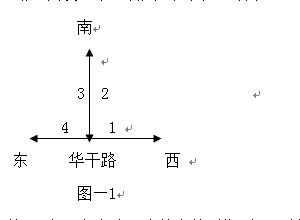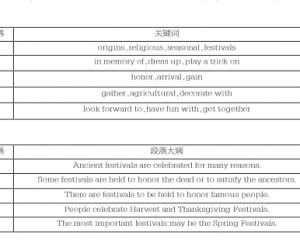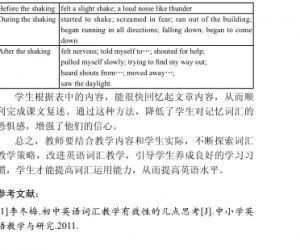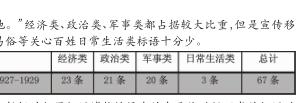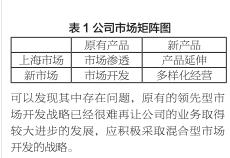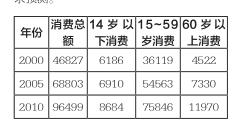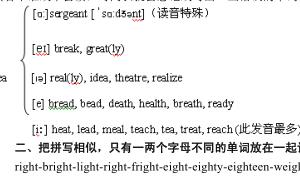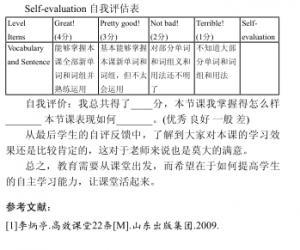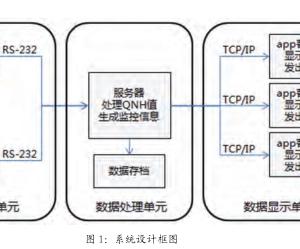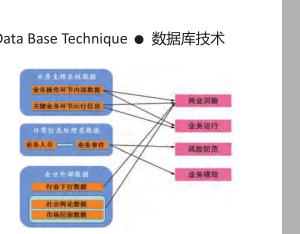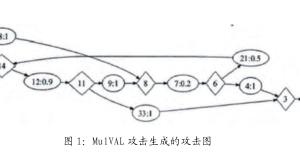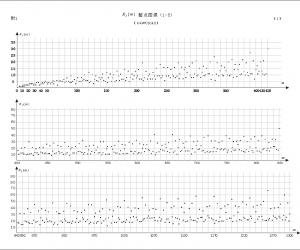A Brief Analysis on Classroom
【Abstract】In English teaching, classroom questioning accountsfor a large proportion in EFL classroom, also is the concern ofthe majority of English teachers. The thesis aims to give teacherssome implications by analyzing classroom questioning fromdifferent types of lessons. Classroom questioning is one of themost important parts of teaching activities, so teachers shouldadopt multiple questions and pay attention to the angles ofquestioning to improve teaching efficiency.
【Key words】classroom questioning; English classroom; typesof lessons; implications
1. Introduction
Today under the environment of promoting quality education,to cultivate students’ ability of language communicationgradually becomes the core significance of English teaching. Itrequires teachers to abandon traditional teaching methods in thepast, and to make students learn in entertainment through well-designed classroom. Moreover, classroom questioning are a keylink. Good questions are able to attract students’ attention, andto exercise students’ listening and speaking skills and Englishthinking ability to improve classroom efficiency.
Classroom questioning has been regarded as the core ofeffective teaching, and it is essentially the exchange between teachersand students, and among students themselves. Nowadays, as thecurriculum reform continues to step into in-depth, more classroomquestioning comes into being. Students are main parts in class, and ifteachers ask questions appropriately in the light of different levels ofstudents, according to different teaching contents, especially difficultpoints and important points in textbooks, thus can shorten teacher-student distance and make classroom atmosphere active.
2. The Definition of Classroom QuestioningAccording to Collins English Dictionary (6th Edition),questioning is defined as “being intellectually stimulatedor being enthusiastic or eager for philosophical or otherinvestigations”. In Oxford Advanced Learner’s English-Chinese Dictionary (7th Edition), questioning is conceptualized as“the activity of asking somebody questions”.
Sinclair and Coulthard (1975: 78) observed that the mostcommon type of classroom activity is known as “IRF”-“Initiation - Response - Feedback”: the teacher initiates aquestion, and students come out an answer, and then the teachergives feedback (assessment, comment, correction); then theteacher initiates the next question, and so on.
3. Classroom Questioning from Different Types of LessonsThe types of lessons, on the one hand it generates on thebasis of the classification of various subjects; on the other hand itdepends on abstractly generalizing a common feature of all kindsof teaching materials and methods. The types of English lessonsvary with different angles: according to the teaching contents andtasks, they are divided into new lesson, review lesson and practicelesson; in the light of the skills training objectives, they aredivided into listening, speaking, reading, writing and translatinglessons. Two basic types of English lessons are dialogue lesson(listening and speaking) and reading lesson. As lots of teachers’
experience, different types of lessons can have different effects onclassroom questioning.
For one thing, in new lesson teachers take leading questionsdepending on the content, in order to make students master newknowledge. If students participate in class positively, it willhelp them be equipped with new knowledge better. In reviewlesson and practice lesson, the number of questions will be more,because students have learned these contents, just to strengthenby review and practice. Teachers’ questions help examinestudents’ mastery of knowledge.
For another, if questions of listening lesson are to enablestudents to answer first according to listening materials, andencourage those students to answer questions positively(regardless of the answer is correct or not) with some smallrewards, thus good classroom atmosphere will produce.
The biggest feature of Chinese students is not to listen andafraid to listen, so teachers should often encourage them tolisten boldly. Speaking lesson is taught by foreign teachersto increase students’ opportunity to speak in class. Foreignteachers’ questions tend to be more casual, and they have morestandardized oral English, even along with their plentiful bodylanguage, thus it can make students in a natural and relaxingclassroom environment to be more conducive into the classroom.
Reading lesson is divided into intensive and extensive reading.
The questions of intensive reading are heuristic questions, mainlyto make students accurately understand the details of the text;while the questions of extensive reading are checking questions,and teachers simply need to make the targeted explanation. Inwriting lesson, the number of classroom questioning is even fewer.
After teachers explain and give the topic, students begin writingtheir own compositions. As for the questions of translation lesson,teachers ask students to independently translate simple sentencesand articles, or let them make groups to translate difficult contents,also ask questions and give guidance to students timely.
4. Implications & Conclusions
Teachers should adopt multiple questions to improveteaching efficiency. At present, except for classroom questioningfrom different types of lessons, it can be classified by differentangles in the whole lesson. A complete teaching procedureincludes lead-in, presentation, listening, talking, pair work,reading, writing, self-check and homework parts. Therefore,classroom questioning can be defined as four degrees—questionsin lead-in, questions in transition, questions in teaching importantpoints, questions in teaching difficult points, which will bediscussed in various lessons.
References:
[1]Long,M.H.&C.J.Sato.1983.Classroom foreigner talkdiscourse:Forms and functions of teachers’ questions[A].In eds.
H.Selinger&M.Long.
[2]Nunan,D.1991.Language Teaching Methodology:A Textbookfor Teachers[M].New York:Prentice Hall.
[3]Oxford Advanced Learner’s English-Chinese Dictionary(7thEdition).Beijing:The Commercial Press,2009:1623.
[4]Sinclair,J.M.& M,Coulthard.1975.Towards an Analysisof Discourse:The English Used by Teachers and Pupils[M].
London:Oxford University Press.
[5]曹菁.2000.大学英语阅读课教师提问的调查与分析.山东师大外国语学院学报第4期(总5期),102-107.
[6]付爱娟.新课改理念下对课堂提问的思考[J].石油教育,2007(1):80-83.
作者简介:汪茜(1990-),女,回族,宁夏银川人,研究生,研究方向:英语教学。





